Science Talk
With our Science Talk blog, we hope to lift the lid on the black box that is the ICR: to show you inside our labs, to introduce you to a few of the people here who make the discoveries, and to allow them to tell some of the stories behind the science. We try to put our discoveries in a wider scientific context, and give an idea of how our science is actually done. We also give you the view from the ICR of important developments in the wider world of cancer research.
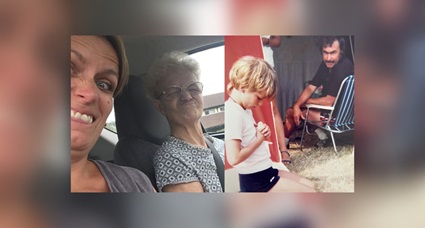
“I’m glad to be doing something that links me to mum and dad” – Emma’s story
Emma Godden, 51, has lost both her parents to cancer. Her dad, Arthur, passed away in 1986 when she was just 13 and her mum, Pauline, died in 2018. She reveals why she hopes to make a difference for cancer patients in the future by running this year’s London Marathon to fund our vital research.
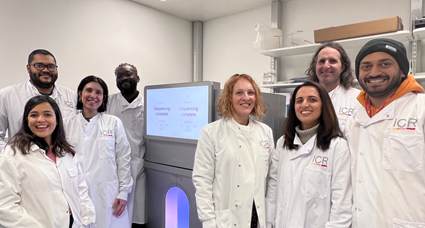
ICR ramps up genomics capability with latest sequencing technology
The ICR, in collaboration with The Royal Marsden NHS Foundation Trust, has now taken delivery of the latest genome sequencing device, the NovaSeq X Plus. In this blog post, Mark Jones speaks with Shichina Kannambath, Manager of the ICR’s Genomics Facility, about what this technology will mean for our research capabilities.
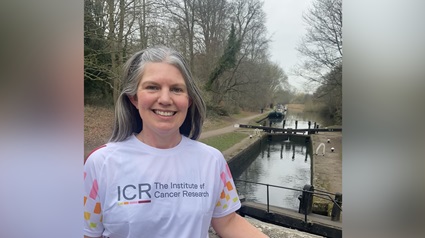
“During my cancer treatment, running a marathon became my goal” – Mary’s story
Mary Nassiri, 47, was diagnosed with breast cancer in March 2021, just six months after her sister had received a similar diagnosis. During her treatment, she promised herself that once she recovered, she would run a marathon. Now, four years on, she is preparing to take part in the 2025 London Marathon and in doing so, she is raising funds for our vital research.
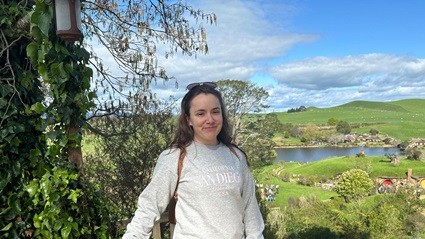
“No one wants to hear they have cancer at 18” – Nadia’s story
Nadia, 28, is running her third London Landmarks half marathon for the ICR. She explains why supporting our vital research is so important to her.

“Megan would be so proud of what we are doing” – Jane’s story
Megan Kelly was diagnosed with stage 4 Ewing sarcoma at the age of 18, following two years of poor health. Despite undergoing gruelling treatment, she passed away 18 months later in December 2020. In her memory, her family and closest friends set up Megan’s Rose of Hope, a charity dedicated to making a difference in the fight against childhood cancer. Here, Megan’s mum, Jane, shares her story and explains why supporting the ICR’s vital research is so important.

Why Climb of Life is taking fundraising to new heights
In 2007, Graeme Chapman embarked on a mission to raise money for The Institute of Cancer Research. Eighteen years on, his annual fundraising event is still going strong and has raised more than £1.5m for our vital research. Here, Graeme explains what inspired him to start, and reveals his top tips for fundraisers.
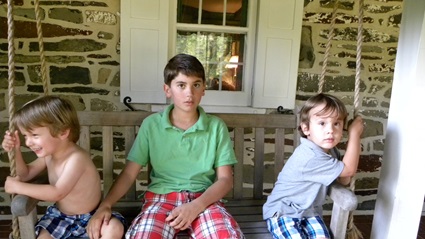
“Errol was brave and fearless – we feel his loss enormously” – Rider’s story
Rider McDowell’s son Errol was diagnosed with medulloblastoma, a fast-growing malignant brain tumour, when he was 12. Despite six years of intensive treatment, Errol passed away in 2018. Before he died, Errol was committed to raising money to fund more research into childhood cancer – and today, his younger brothers, Mac and Piers, continue his legacy, hoping to raise £1m for cancer research in the UK.
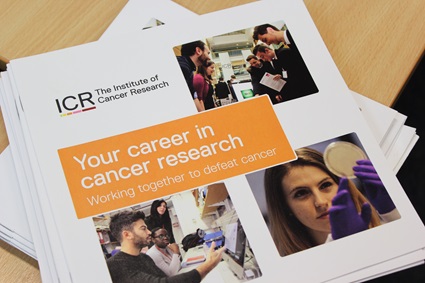
Becoming a cancer researcher – our scientists' top tips and advice
Cancer research is made possible because of the diverse range of subjects, careers and people which contribute towards it. It is a great option for people with a variety of skills and interests. There are many different pathways available to help make the discoveries that defeat cancer. Science is a diverse field and there really is a place for everyone.
.jpg?sfvrsn=70f78f2b_1)
Finding a way to drug the rare cancer that killed my mother
Professor Paul Workman was 37 and already well established as a cancer researcher when his mother, Ena, died aged 68 from a rare bone tumour known as chordoma. About one in a million people are affected by the condition, for which there are no targeted drug treatments.
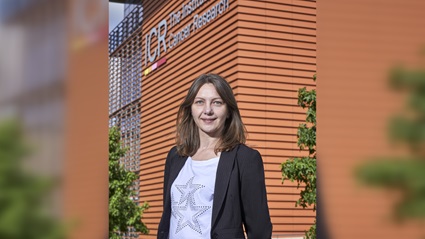
Unlocking the potential of protein degradation in cancer research
Dr Agnieszka Konopacka recently joined The Institute of Cancer Research, London, as Group Leader of the Induced Proximity Therapeutics Group, which sits within the Centre for Protein Degradation in the Division of Cancer Therapeutics. By exploring innovative drug discovery approaches based on targeted protein degradation, her team is looking to find new ways to defeat cancer. Robbie Lockyer spoke with her to learn more.
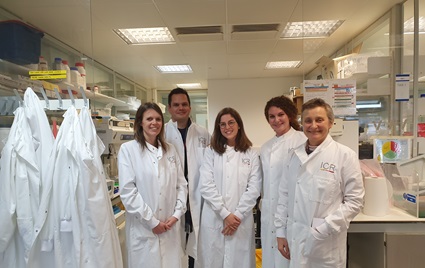
‘I think Alice would be very pleased with what we’ve achieved’
In 2019 Alice Wakeling passed away, two weeks before her eighth birthday. She had been diagnosed with rhabdomyosarcoma, a rare soft tissue cancer that accounts for 5 per cent of all childhood cancers. Here, on International Childhood Cancer Day, Alice’s mum Sara Wakeling speaks about her beloved daughter’s legacy and the achievements of the charity Alice’s Arc.
-16x9.tmb-hbmobile.jpg?Culture=en&sfvrsn=fe91e6e9_1)
“If not for the hundreds of millions raised and invested in cancer research, I might not be here today” – Jennifer’s story
Jennifer Hollington, 58, who lives in Canada, was diagnosed with Stage 3c ovarian cancer in July 2020 and subsequently learned that she carries the BRCA2 gene mutation. She was treated with the drug olaparib, the discovery and development of which was underpinned by research at the Institute of Cancer Research (ICR). On World Cancer Day, she reveals how the work of scientists at the ICR in London is benefitting cancer patients like her beyond the UK.
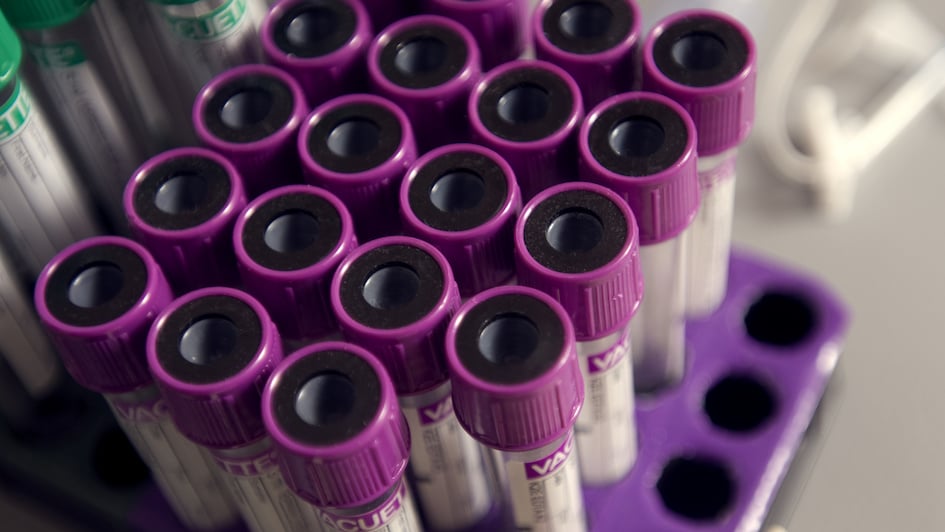
Liquid biopsies – a future ‘game-changer’ for ovarian cancer treatment
Ovarian cancer continues to claim thousands of lives in the UK each year, despite being relatively treatable if it’s caught early. However, an innovative laboratory test – the liquid biopsy – could identify cancer cells before a tumour forms, transforming diagnosis and treatment and bringing new hope for patients. Isy Godfrey spoke with Dr Isaac Garcia-Murillas, who is leading research into this new diagnostic technique, to find out more.
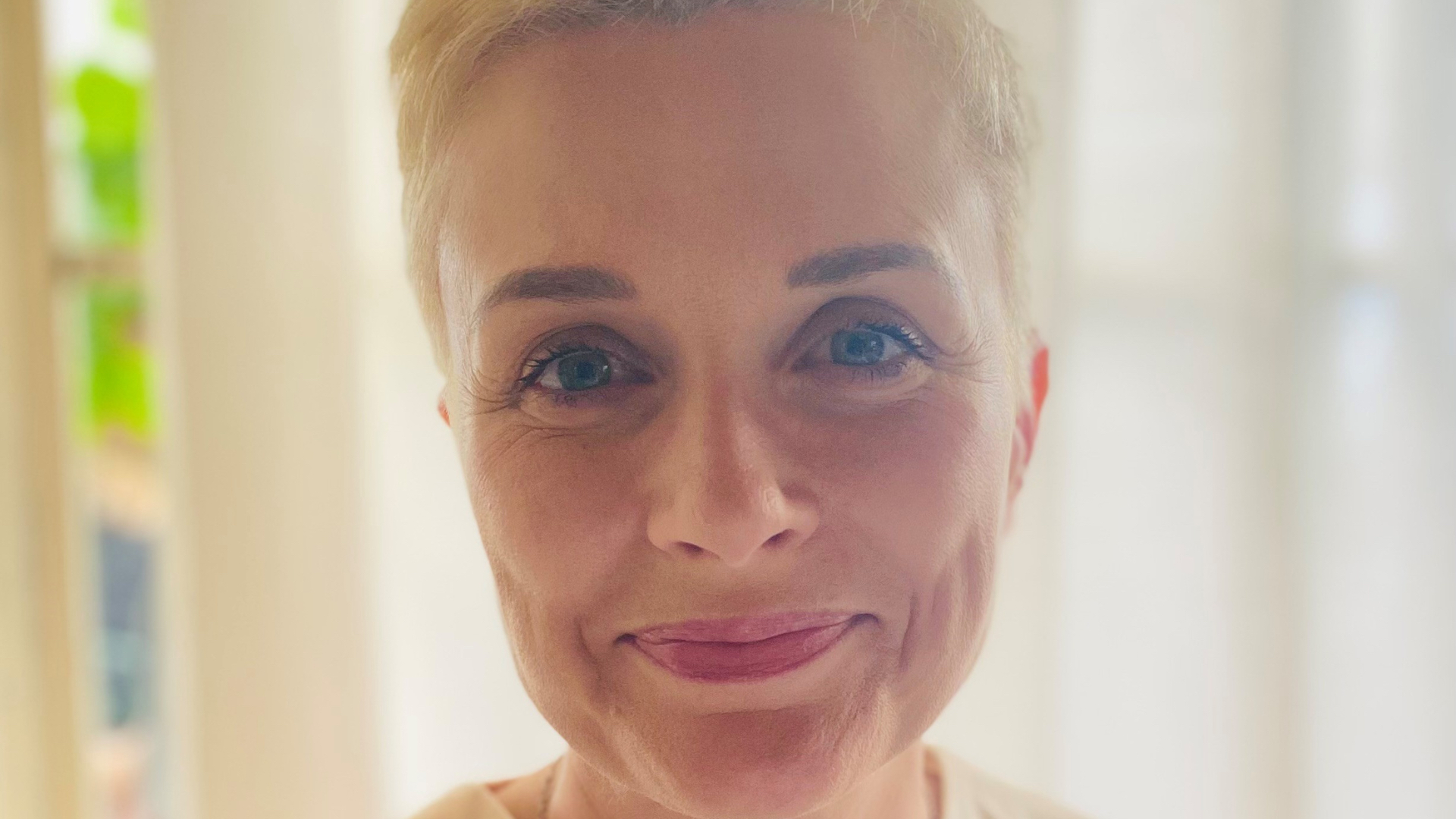
‘We need a new language for talking about stage 4 cancer’ – Kate’s story
Kate Wilson was diagnosed with advanced ovarian cancer at the age of 43 and discovered she was carrying a BRCA gene mutation. She was prescribed a targeted drug called olaparib and five years on the cancer is stable. Here she explains why, thanks to new treatments, advanced cancer patients like her are navigating a new landscape, one where the language we use has yet to catch up.
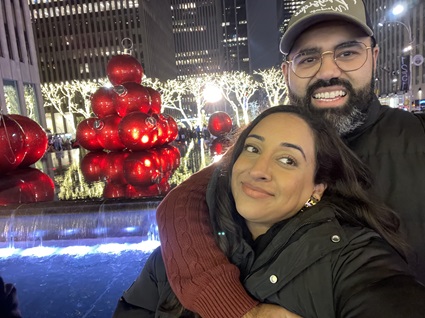
“Cancer research is the reason I am here” – Sonia’s breast cancer story
Sonia Bhandal was just 14 when she lost her mum to secondary breast cancer. Then at the age of 28, she found a malignant lump in her own breast. Shortly afterwards she discovered that she carries the BRCA2 gene mutation, putting her at an increased risk of developing various cancers. Today, exactly 29 years since scientists at The Institute of Cancer Research, London, identified the BRCA2 gene, Sonia, now 36, shares her story.
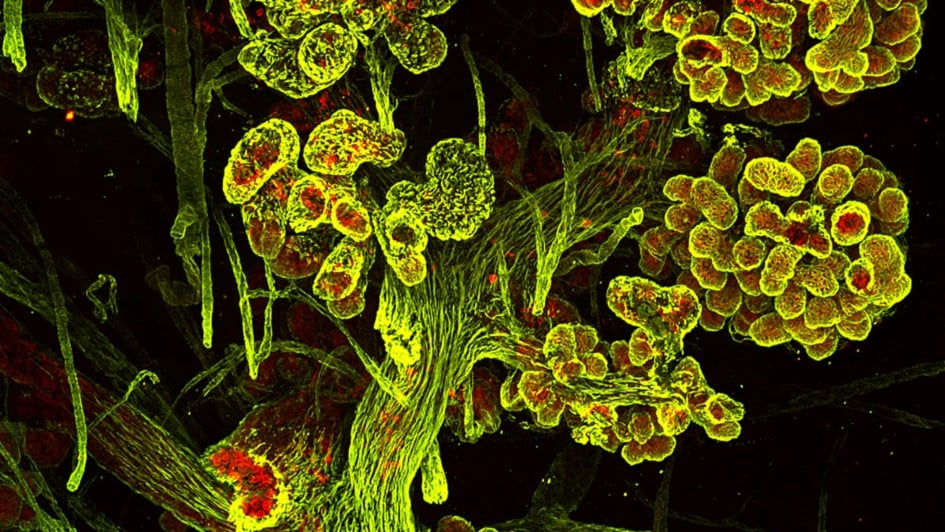
Overcoming recurrence – how research is bringing new hope for breast cancer patients
While advances in research mean that breast cancer is being treated more successfully than ever before, the worry of recurrence remains for many patients. Here, Isy Godfrey finds out what scientists at The Institute of Cancer Research, London, are doing to tackle this complex problem.

Up-and-coming researchers head to San Antonio to share their breast cancer research
Ahead of the AACR-San Antonio Breast Cancer Symposium, we caught up with two ICR researchers and their supervisor to find out why the multidisciplinary research environment of the ICR is so valuable for developing the scientific leaders of the future.
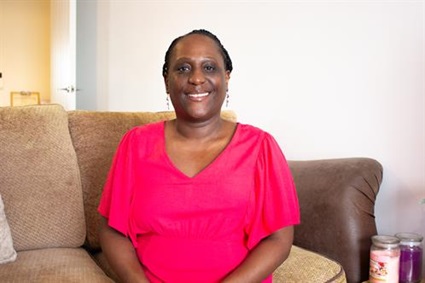
“Hearing the words ‘you have cancer’ blew me away, but I was determined to beat it” – Natasha’s story
When Natasha, 51, was told she had stage 2 DCIS breast cancer in November 2018, she became the third woman in her family to receive such a diagnosis. Now nearly six years on and cancer free, Natasha shares her story.
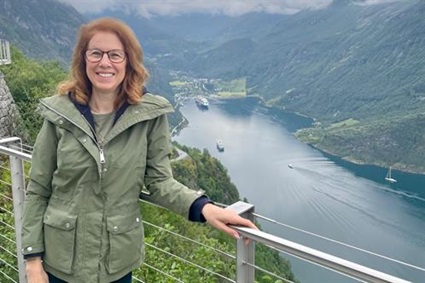
"I feel incredibly lucky to be here 12 years on from my diagnosis" – Natalie’s ovarian cancer story
Natalie Pearce, 52, was diagnosed with stage 3c ovarian cancer in November 2012. She subsequently discovered she carries the BRCA1 gene mutation, putting her at a higher risk of developing various cancers. Following surgery and treatment, Natalie has been cancer free since April 2013.

“We hope that continued research will bring about kinder treatments for children in the future” – Jesse’s story
Jesse was two years old when he was diagnosed with B-cell acute lymphoblastic leukaemia, a type of blood and bone marrow cancer, in November 2023. Now, a year since his diagnosis and thankfully in remission, Jesse’s mum, Polly, shares their story to mark World Children’s Day.